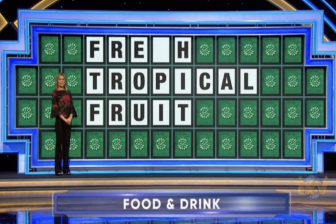According to data released Monday by the U.S. based National Oceanic and Atmospheric Administration (NOAA), the current ice coverage on the Great Lakes is at a record low.
It’s information that Queen’s University lake biology professor John Smol is very aware of.
“Sometimes I fear we’re sleepwalking to disaster,” said Smol.
Smol says the decline in ice coverage over past decades comes down to one main contributing factor.
“We all know what the cause is, it’s human-induced climate change,” Smol told Global Kingston.
Read more:
Organized crime sting has ties to Belleville & Trenton, Ont.
Read next:
Part of the Sun breaks free and forms a strange vortex, baffling scientists
The NOAA data shows that mid-February to mid-March is typically when ice coverage is at its peak.
In the case of the Great Lakes, that usually ranges between 30 and 40 per cent of the water’s surface. As of Monday it is only 7 per cent.
Smol says the ramifications are serious.
“The ice is also a cover for evaporation, and if you have less ice as we do now, there’s more opportunity for evaporation. That gets more water going into the atmosphere,” said Smol.
The change in ice coverage also contributes to some of the snap storms that have hammered Southern Ontario this winter.
Read more:
Longtime Kingston, Ont. business moving after 87 years
Read next:
Exclusive: Widow’s 911 call before James Smith Cree Nation murders reveals prior violence
Frontenac Islands Mayor Judy Greenwood-Speers grew up on Wolfe Island.
“When I was young, the ice was a lifeline for the island all winter long,” said Greenwood-Speers.
The ice would be used as a road for islanders to get to get to Kingston.
“Greenwood-Speers says the ice hasn’t been there to support a road of that type for many years.
The Frontenac Islands mayor says she lost a friend to the changing ice conditions in 1984.
“That was the year that I lost Colleen Frasso and her kids, and that’s when we collectively decided no more driving the ice,” she recalled.
Smol says reducing carbon emissions needs to be taken seriously to slow climate change impacts.
The current climate change impact for the Great Lakes, according to Smol, is that winter will involve less ice and more snow.
© 2023 Global News, a division of Corus Entertainment Inc.








More Stories
Fair share: the right office solution can take finding the right partner
Ontario faces crew shortages, aircraft issues in fight against wildfires | Globalnews.ca
Refugee attends open house at Downtown Eastside affordable housing facility – BC | Globalnews.ca